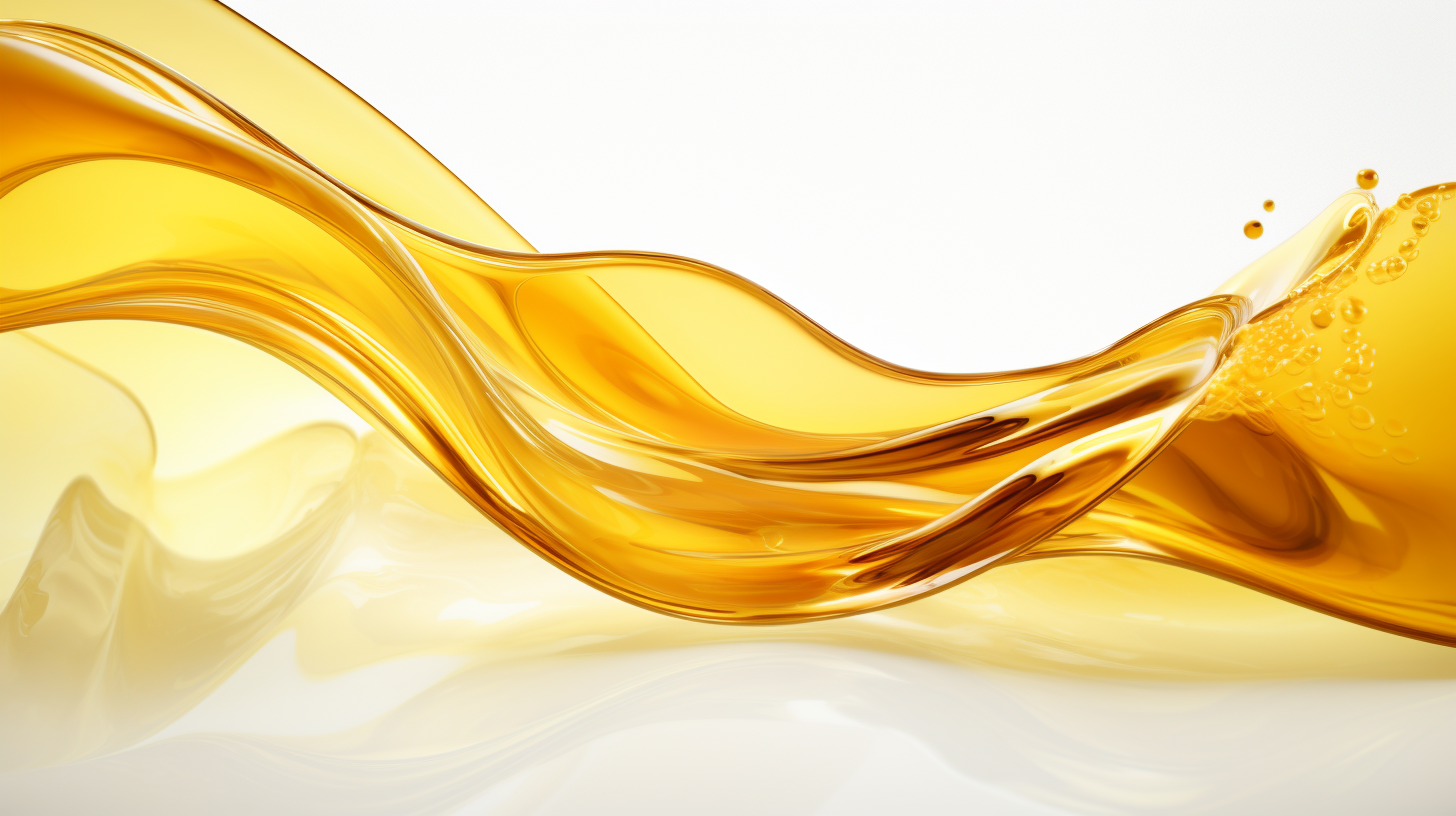Growing Freeman Technology establishes new US subsidiary
Building on a decade of successful business in North America, Freeman Technology announced that in January 2012 the company formally established a US subsidiary, Freeman Technology Inc.
This new organisation will take on responsibility for sales, service and applications support for the ever growing number of FT4 Powder Rheometer users in the US, and will work with prospective customers across all industrial markets. Concurrent with this, the appointment of Mike Delancy as National Sales Specialist adds a wealth of commercial and rheological applications experience to the established Freeman Technology team.
Mike joins Freeman Technology Inc. from a leading fluids rheology instrumentation company. He has more than 25 years experience in rheology and thermal analysis instrumentation, supporting customers in pharmaceuticals, polymers, food, consumer products and biotechnology markets.
Other news from the department business & finance

Get the chemical industry in your inbox
By submitting this form you agree that LUMITOS AG will send you the newsletter(s) selected above by email. Your data will not be passed on to third parties. Your data will be stored and processed in accordance with our data protection regulations. LUMITOS may contact you by email for the purpose of advertising or market and opinion surveys. You can revoke your consent at any time without giving reasons to LUMITOS AG, Ernst-Augustin-Str. 2, 12489 Berlin, Germany or by e-mail at revoke@lumitos.com with effect for the future. In addition, each email contains a link to unsubscribe from the corresponding newsletter.
Most read news
More news from our other portals
See the theme worlds for related content
Topic world Rheology
Rheology deals with the flow behavior and deformation properties of materials. In the chemical field, it is indispensable for understanding the consistency, viscosity and elasticity of liquids, gels and solids. Whether formulating paints, producing polymers or optimizing food textures, rheological properties influence how substances react, move and feel.

Topic world Rheology
Rheology deals with the flow behavior and deformation properties of materials. In the chemical field, it is indispensable for understanding the consistency, viscosity and elasticity of liquids, gels and solids. Whether formulating paints, producing polymers or optimizing food textures, rheological properties influence how substances react, move and feel.
Last viewed contents
John_McGinness
Category:Hormones_of_the_parathyroid_glands
Scientists show there's nothing boring about watching paint dry
Eric_Fawcett
AkzoNobel to divest 50 percent stake in Eka Synthomer Oy joint venture

Next-generation batteries could go organic, cobalt-free for long-lasting power
Torsten Olschewski appointed as Business Unit Head at Analytik Jena AG
























































